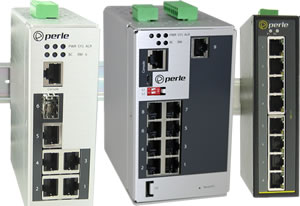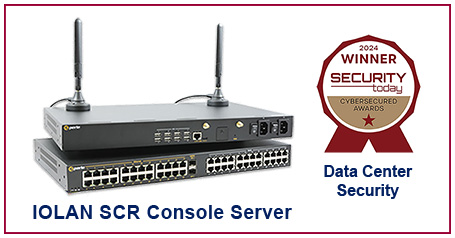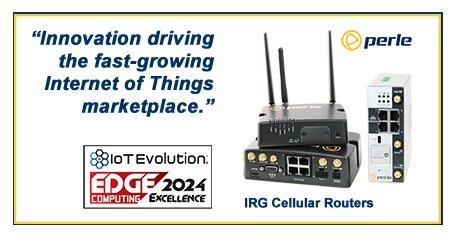
Industrial communications rising, but varied protocols make strategic networking key
By Donna DonnawitzOctober 28, 2016
The process industries are changing as communications between departments become critical components of everyday operations. Moving data between business units out to production teams, warehouses and other stakeholders demands end-to-end connectivity, something that has led to the rise of industrial Ethernet solutions in recent years.
As industrial communications demands have increased, protocol diversity has also risen, a recent MarketsandMarkets study explained. On the whole, the industrial communications will expand at a compound annual growth rate of approximately 12.36 percent for the period of 2016 through 2022. This will result in annual revenues reaching more than $130 billion by 2022.
"Business demands are driving manufacturers to turn to new technologies."
Factors fueling industrial communications growth
Business demands are driving manufacturers to turn to new technologies. The study identified a variety of conditions that are driving communications investments, including:
- Responding to rising demand for connectivity solutions specific to the automotive and electronics manufacturing sectors.
- Needing to share information from a wide range of databases.
- Improving safety.
- Eliminating downtime.
- Supporting energy efficiency objectives.
- Dealing with growing use of industrial Internet of Things tools.
While all of these needs are making industrial communications especially important, the study explained that diverse technologies are still presenting some challenges.
Protocol diversity an issue
Fieldbus, industrial Ethernet and wireless solutions are all gaining a significant hold across industrial sectors, according to MarketsandMarkets. Fieldbus remains the most prominent protocol out of the three.
While fieldbus is still widely used, a Research and Markets study found that the global industrial Ethernet market is poised to rise at a compound annual growth rate of 15.03 percent from 2016 through 2020. Similar conditions are fueling the rise of industrial Ethernet, including the IIoT. The study also found that wireless communications are also gaining momentum.
"Industrial Ethernet is rising at a breakneck pace."
With fieldbus still highly relevant, industrial Ethernet is rising at a breakneck pace and wireless is coming into play – particularly with so many IIoT devices emerging all the time, organizations must be prepared to deal with a wide range of connectivity systems across their areas of operations. Simply choosing one and overhauling the network can be viable in some situations, but an iterative approach to networks is more likely. As such, serial-to-Ethernet terminal servers and fiber-to-Ethernet media converters play a vital role moving forward.
Solving protocol diversity
Terminal servers and media converters allow cabling infrastructure and network equipment using different protocols to interact seamlessly with one another without sacrificing performance. In industrial settings, this can be useful for:
- Using fiber-optic cabling to make long cable runs from a telecommunications closet out to areas such as the production floor or warehouse. From there, a media converter can switch signals back to Ethernet, letting you connect to an industrial Ethernet switch and roll out your network in that area, be it a wired or wireless system reaching endpoints. Fiber-optic cables make for excellent backhaul as they offer the combination of performance and resiliency industrial organizations need.
- Interconnecting legacy or specialized serial equipment with the Ethernet network to bridge communications and data workflow gaps. Some parts of your business may benefit from solutions that run on alternative protocols, but that doesn't mean you can't integrate them with an Ethernet network.
- Improving surveillance by using fiber for long cable runs to remote parts of the facility where security cameras can be invaluable.
Communications requirements are changing in industrial settings, and strategic network investments give manufacturers the tools they need to get their networks up to speed. Protocol diversity doesn't have to be a road block on the path to innovation.
Perle has over 516 models of Managed Industrial Ethernet Switches with the vast array of options including 10/100/1000 Ethernet, PoE, fiber and combo ports. Perle IDS Industrial-grade Ethernet Switches are ideal for the harsh environments found in industrial factory systems and outdoor applications.



